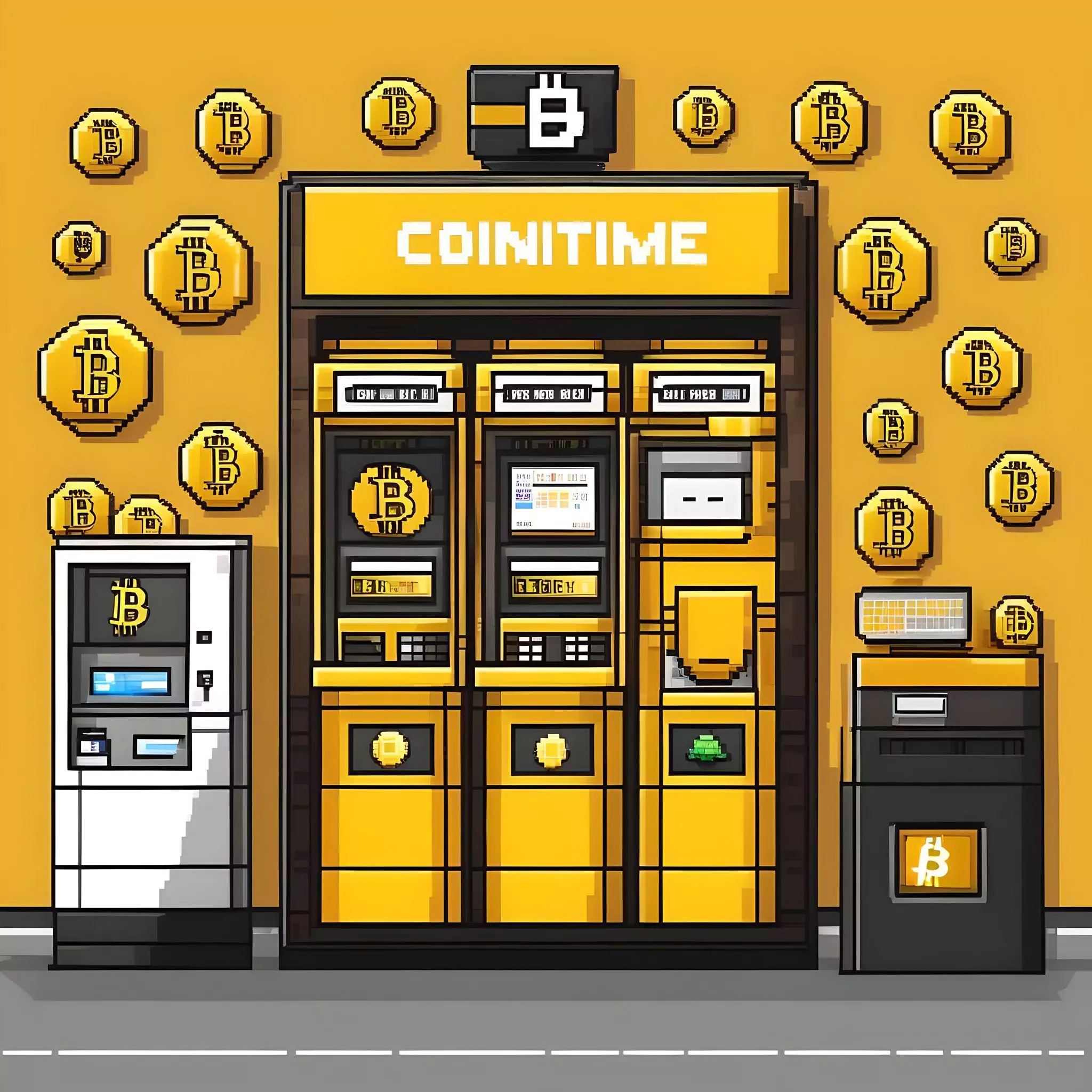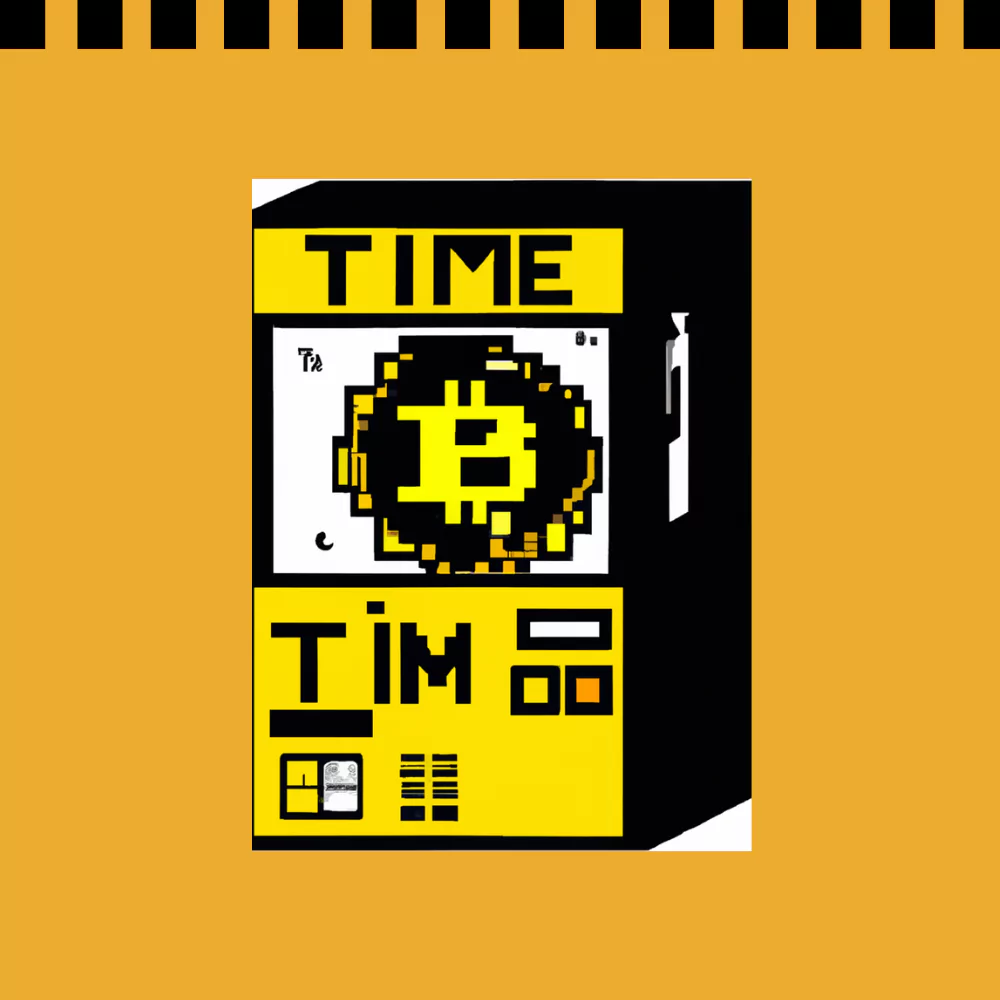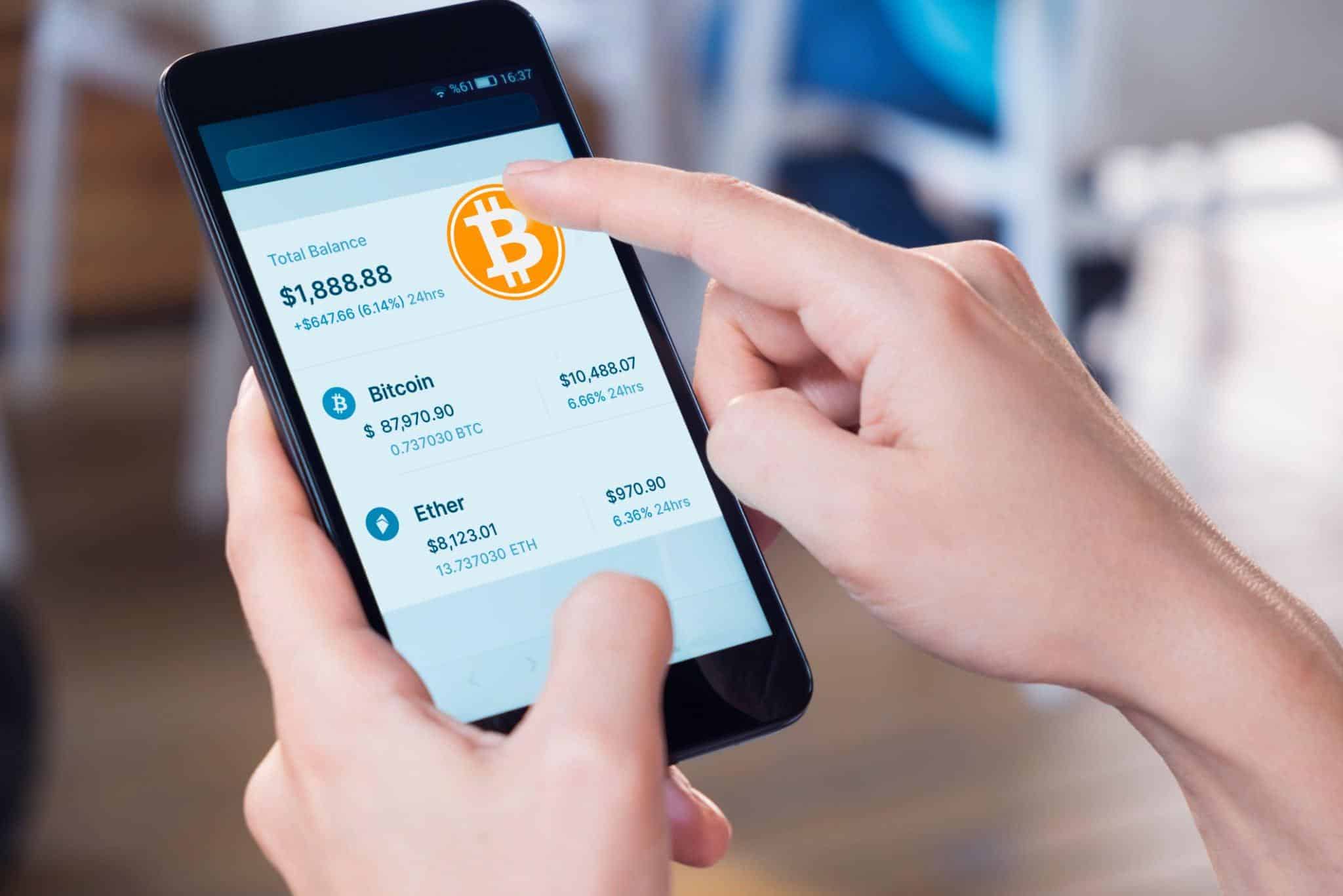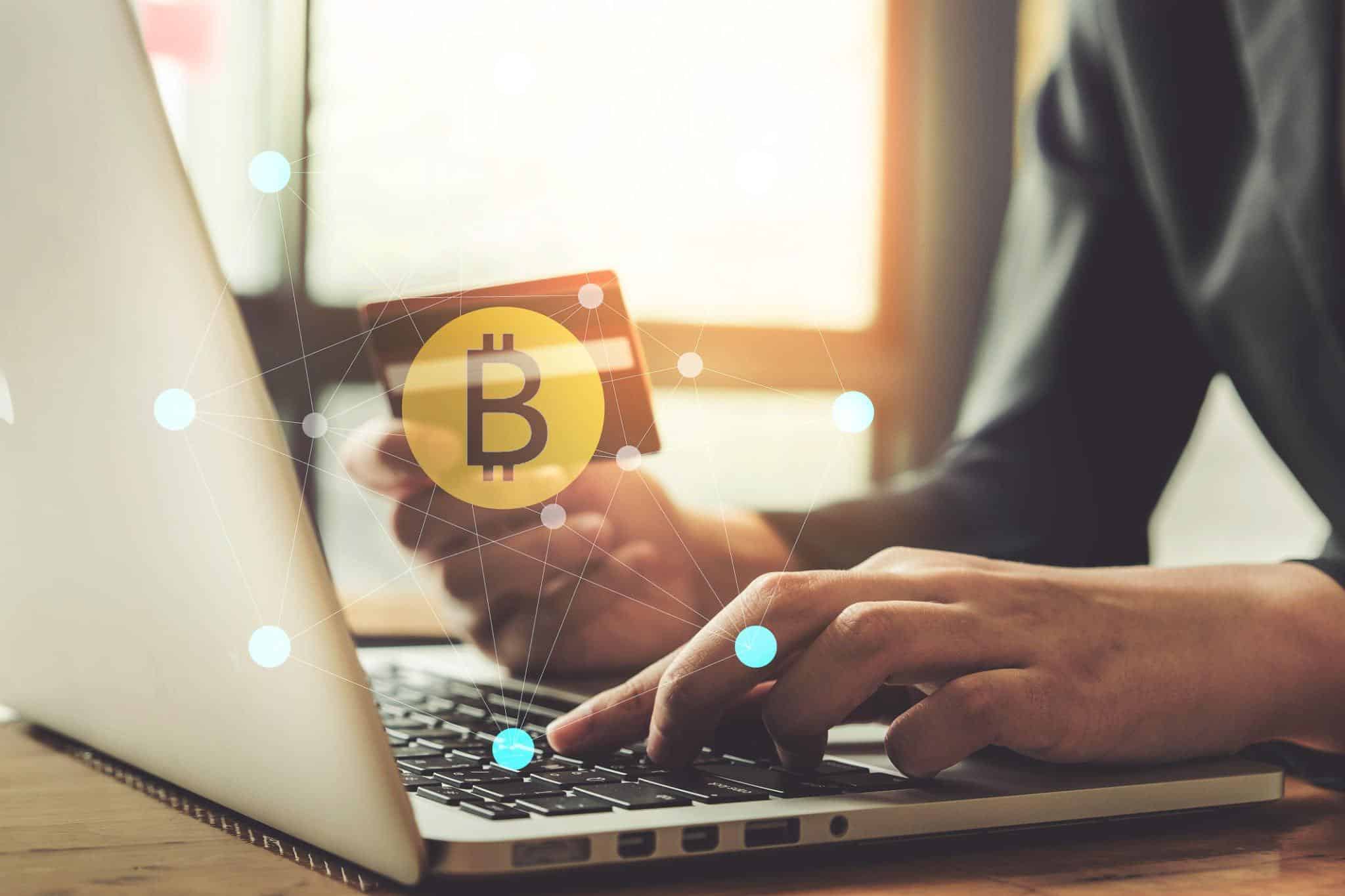If you’ve ever wondered about Bitcoin and its potential, you’re in the right place. This digital currency, based on blockchain technology, has revolutionized the financial landscape and continues to intrigue millions worldwide. In this article, we’ll cover some of the most commonly asked questions about Bitcoin, guiding you through the basics of this cryptocurrency.
Table of Contents
ToggleWho created Bitcoin and why?
Bitcoin was the brainchild of an anonymous individual or group known as Satoshi Nakamoto, who introduced it in 2008. The primary motivation behind Bitcoin was to establish a decentralized, peer-to-peer payment system. It operates without the need for a central authority, such as a government or bank, making it truly open-source and democratic.
How does Bitcoin work and what is the blockchain?
At its core, Bitcoin relies on a network of computers, also called nodes. These nodes work to verify and record transactions on a public ledger known as the blockchain. Blockchain technology is revered for its transparency, security, immutability, and scalability, making it a game-changer in data recording and transactions.
How can I get and use Bitcoin?
There are several ways to acquire Bitcoin. You can purchase it from an exchange or another person, accept it as payment for goods or services, or mine it using specialized hardware. To use Bitcoin, you’ll need a digital wallet to send and receive funds. These wallets keep your private keys secure, essential for accessing your Bitcoins. Bitcoin is becoming increasingly accepted, with various online and offline businesses accepting it as payment.
What gives Bitcoin its value?
Unlike traditional fiat currencies, Bitcoin isn’t backed by a physical asset like gold or a government’s promise. Instead, Bitcoin’s value is derived from its scarcity (limited to 21 million coins), utility, and the demand from people willing to accept it as a form of payment or investment.
How does Bitcoin mining work?
Bitcoin mining involves solving complex mathematical problems using computer hardware. When a problem is solved, the miner is rewarded with Bitcoin, and the transaction is added to the blockchain. This process ensures the integrity and security of the Bitcoin network.
Can Bitcoin become a major global currency?
The potential for Bitcoin to become a dominant global currency is a topic of heated debate. While Bitcoin’s decentralized nature and potential for financial inclusion are appealing, its volatility, regulatory issues, and scalability challenges pose significant hurdles.
Is Bitcoin anonymous or pseudonymous?
Despite a common misconception, Bitcoin transactions aren’t completely anonymous but pseudonymous. While transactions don’t directly reveal the identity of the parties involved, they are linked to specific Bitcoin addresses, which could potentially be traced back to an individual.
What happens when all 21 million Bitcoins are mined?
Once all Bitcoins are mined, miners will no longer receive block rewards but will be compensated through transaction fees. This shift could potentially alter the dynamics of the Bitcoin network.
How secure is the Bitcoin network?
Bitcoin’s network is incredibly secure due to the decentralized nature of the blockchain. However, individual users must take precautions to protect their wallets from hacking.
What are the energy implications of Bitcoin mining?
Bitcoin mining requires significant computational power, leading to high energy consumption. This aspect has raised concerns about its environmental impact.
Can quantum computing break Bitcoin’s cryptography?
While quantum computing poses potential risks to many cryptographic systems, experts believe that Bitcoin could adapt to these changes, ensuring its continued security.
How does Bitcoin’s volatility impact its use as a currency?
Bitcoin’s price volatility can complicate its use as a regular currency. For instance, people may be hesitant to spend Bitcoin if they expect its value to rise or reluctant to accept it if they fear a price drop.
What is the legal status of Bitcoin in different countries?
The legal status of Bitcoin varies significantly across the globe. Some countries have embraced it, while others have banned or restricted its use. It’s essential for individuals and businesses to understand their local regulations when dealing with Bitcoin.
How to start a Bitcoin ATM business?
Starting a Bitcoin ATM business requires understanding both federal and state laws in your location. At the federal level, you need to register with the Financial Crimes Enforcement Network (FinCEN) and develop an Anti-Money Laundering (AML) and Know Your Customer (KYC) program1234.
At the state level, the laws vary, and you may need to get a money transmitter license, which involves submitting an application, paying fees, and meeting certain requirements5.
Bitcoin ATMs, such as those run by Coin Cloud and CoinTime, have become popular as they offer an easy way for people to buy and sell Bitcoin, with some allowing high daily transaction limits67.
In conclusion, Bitcoin has undoubtedly made a significant impact on the world of finance. Its decentralization, potential for financial inclusion, and the technology behind it make it a fascinating subject. However, as with any financial venture, individuals and businesses should exercise caution and conduct thorough research before engaging with Bitcoin or starting a Bitcoin-related business.
Whether you’re a Bitcoin enthusiast, an investor, or just curious about this cryptocurrency, we hope this guide has helped answer your questions and deepen your understanding of Bitcoin. Happy exploring the world of cryptocurrencies!








